Work Groups and Associations
JBS is affiliated to food industry associations and unions and member of some of the main class entities and for promotion of Sustainability in the countries where it operates.
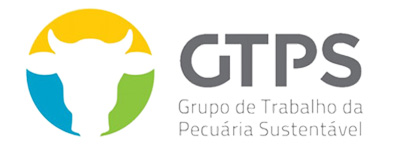
Sustainable Livestock Breeding Work Group (GTPS)
The GTPS was created in late 2007 and formally established in July 2009. The Work Group is comprised of representatives from all value chain links in livestock breeding, such as breeders, industry, sector organizations, producers and associations, retailers, suppliers of consumables, financial institutions, civil society organizations, research centers and universities.
The main goal of the GTPS is to debate and develop principles, standards and common practices adopted by the industry, with the premise of building sustainable, fair, environmentally correct and economically feasible breeding. Based on our example, there currently are roundtables about sustainable breeding being created in other countries, such as United States, Colombia, Uruguay, Mexico, Australia, Argentina and Paraguay. Other roundtables have many activities in progress, such as the Global Roundtable and the Canadian Roundtable.

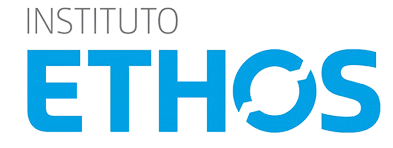
Institute Ethos
JBS signed the Pact of Companies for Integrity and Against Corruption, with the goal of disseminating good business practices and promoting a more honest and ethical market. In this Institute, JBS participates of work groups about topics related to ethics and integrity.

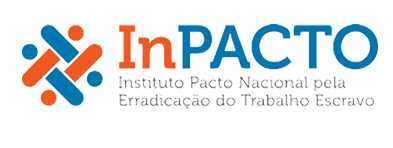
Institute National Pact For The End Of Slave Labor
The Institute National Pact for the End of Slave Labor (InPACTO) was created to strengthen and expand the actions executed by the 2005 National Pact for Elimination of Slave Labor. Its mission is to promote the prevention and elimination of slave labor in Brazil in the production chains of domestic and international companies, through management of the National Pact for Elimination of Slave Labor.


Brazilian Business Council for Sustainable Development (CEBDS)
The CEBDS is a non-profit civil association that promotes sustainable development through articulation with governments and civil society, in addition to disseminating the most current concepts and practices on the subject.
Today, it brings together around 70 of the largest business groups in the country, with sales equivalent to around 45% of GDP and responsible for more than 1 million direct jobs.

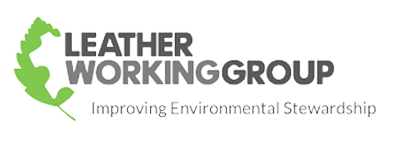
Leather Working Group (LWG)
The goal of LWG, comprised of different parties involved, is to develop and maintain a protocol that assesses the environmental compliance and performance capacity of leather tanners and producers, in addition to promoting sustainable and adequate corporate environmental practices in the leather industry.
The group works in a transparent manner, involving suppliers, brands, retailers and technical experts in the leather industry, NGOs, academic institutions, and other stakeholder organizations.


Coalition Packages
Formed in 2012, it is a group with 14 organizations that represent the corporation segment that signed in 2015 a federal sector agreement to implement the Reverse Logistics System for General Packages and comply with the National Policy on Solid Residues.

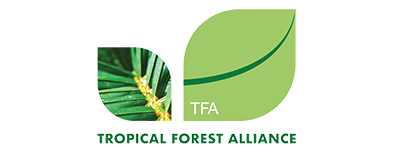
Tropical Forest Alliance (TFA)
It is a multi-sector partnership platform, started to support the implementation of commitments from the private sector to remove deforestation from the palm oil, beef, soy, and paper and cellulose chains. Organized by the World Economic Forum, it works with governments, private sector and civil society players, indigenous people, communities and international organizations, to catalyze high-impact partnerships to reduce deforestation and build a positive future in the forest.

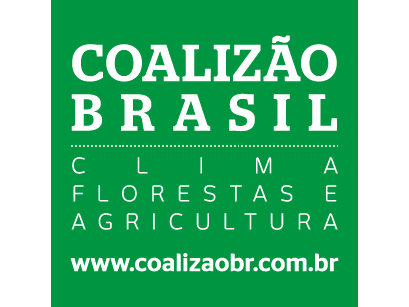
Coalition Brazil Climate, Forests and Agriculture
It is a multi-sector movement, comprised of entities that lead agribusiness in Brazil, the main civil organizations in the environment and climate area, important representatives from academia, industrial associations and leading companies in the areas of wood, cosmetics, steel mining, paper and cellulose, animal protein, among others. All these forces have combined to address issues resulting from climate changes from the standpoint of a new economy, based on the low emission of greenhouse gases (GHG).

